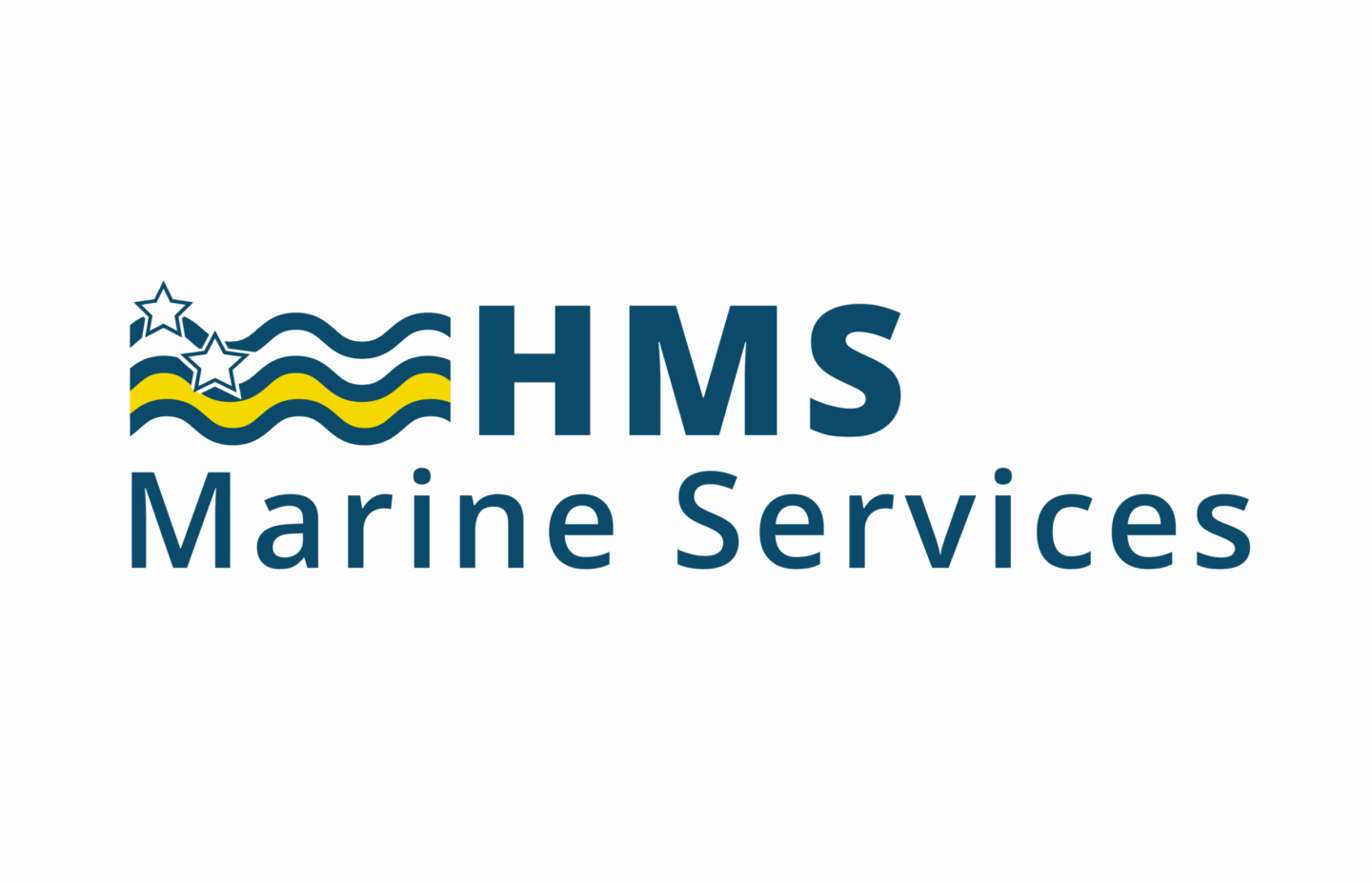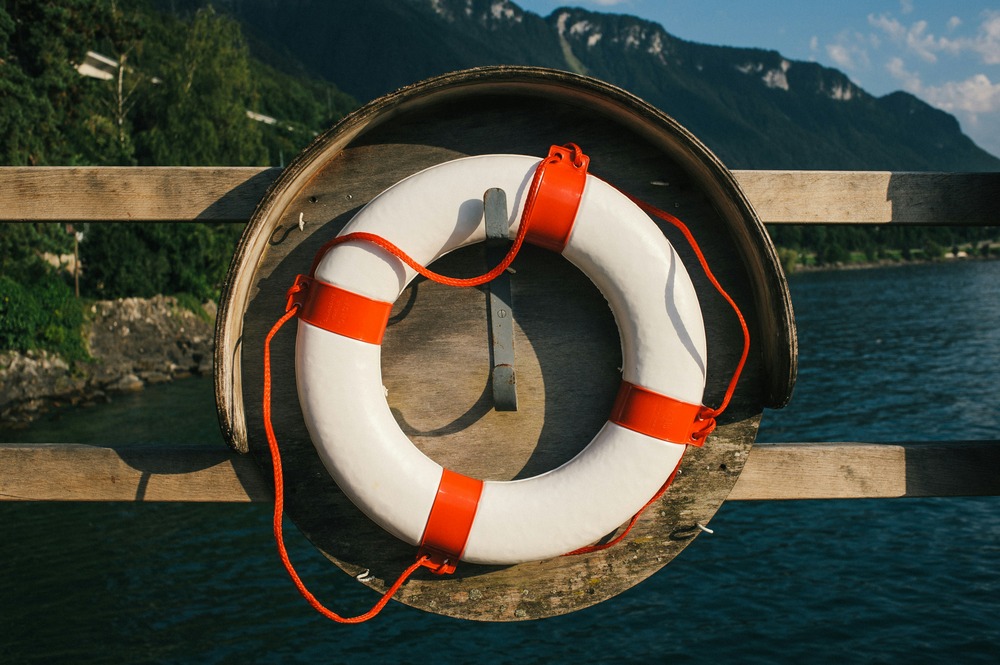Safe sailing doesn’t start when you start the engine. It starts much earlier—with preparation. Whether we’re taking a small boat out into the bay for an afternoon or heading out into the open water with a larger vessel, good equipment on board is essential. In this blog, we’ll discuss which safety equipment every skipper should have on board as standard.
What is Essential Safety Equipment?
There are many tools that improve our safety on the water, but some are truly indispensable. This equipment not only helps in emergencies, but also to control small problems before they become bigger.
Rescuers Are Always a Priority
Life Jackets For Everyone On Board
A good life jacket is mandatory and can save lives. We ensure that there is a suitable jacket for every person on board—including children. Automatic life jackets are convenient, but traditional versions remain reliable.
Lifebuoys and Floating Lines
A lifebuoy with a floating line is ideal in a man-overboard situation. We ensure that they are quickly accessible and visibly attached to the deck.
Fire Safety On The Water
Fire Extinguishers and Fire Blankets
Fire on board is dangerous. We place at least one approved fire extinguisher in each room and a fire blanket in the galley. Regular checks on pressure and durability are important.
Carbon Monoxide Detector in Closed Spaces
In cabins or spaces with engines it is wise to install a CO detector. We test these regularly and replace the batteries in time.
Navigation and Communication
Marine radio or VHF radio
A marine radio is our direct line to other ships and the coast guard. Even on shorter trips it is wise to have a portable VHF radio on board.
Distress Signals and Flares
A set of visual distress signals should never be missing. We check the durability of flares and smoke signals before each sailing season.
Navigation Lights and Maps
We make sure all lighting works well, especially when sailing at night or in the evening. Paper charts remain a must, even when we use electronic navigation.
First Aid and Personal Protection
Comprehensive first aid kit
We hebben een goed gevulde EHBO-koffer met pleisters, verbandmiddelen, ontsmettingsmiddelen en middelen tegen zeeziekte. Voor langere tochten nemen we ook een handleiding voor eerste hulp mee.
Emergency Rations and Drinking Water
For emergencies, we store enough drinking water in special water tanks or bottles. A basic supply of energy bars or non-perishable food is also useful.
A reliable water supply can make all the difference here. More about this can be found on our page about fresh drinking water supply on board.
Frequently Asked Questions
What is mandatory on a pleasure craft?
For pleasure craft in the Netherlands and the Caribbean, life jackets, fire extinguisher(s), navigation lights and a dead man's cord are mandatory. Additional requirements apply to motorboats over 15 metres.
How often should I check my safety equipment?
We recommend checking all equipment before each boating season. Fire extinguishers, emergency signals and CO detectors have an expiration date that should be monitored closely.
Is a marine radio mandatory?
A marine radio is mandatory on certain inland waterways and at sea, especially for larger vessels. For smaller boats it is not always mandatory, but strongly recommended.
What should I do in case of fire on board?
Immediately turn off the engine, shut off the gas supply and use a fire extinguisher or fire blanket. Warn other passengers and call for help via the radio if necessary.
How do I prepare for an emergency?
We make a checklist of all safety equipment and practice using it once a season. Think of man-overboard scenarios, use of flares and communication via the radio.
Conclusion
Safety on board is not about luck, but about preparation. By investing in essential equipment and regular maintenance, we sail with more peace and confidence. Good equipment is not an unnecessary luxury, but a necessary basis. Especially on the waters around Curacao, where circumstances can change quickly.
Also see our page on boat maintenance and inspection for more tips on getting your vessel ready to sail.


